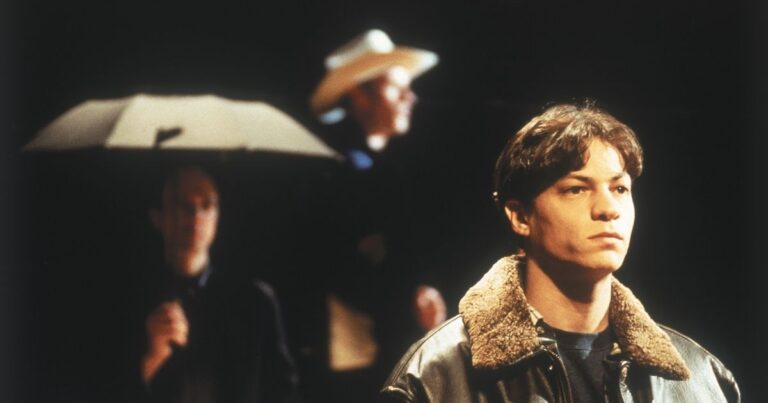
Armed gangs intimidate Newtown residents
Newtown is a great place to meet for coffee or a drink until gangs of young men (and some women) turn up and spoil things. You know who they are. Dressed in blue clothes and special insignia, and look menacing. They carry weapons and have a serious attitude problem. They have dogs, which salivate on you, and if the dog sits down next to where you are having a drink, the gang will search you and take your name and address. Known to locals as NSW Police dog squads, they are thought to operate across the state.
Background
Special laws to allow routine sniffer drug searches were introduced in 2002. They are supposed to catch major drug dealers but in that time they have done nothing of the sort: between 97.5 per cent and 99.5 per cent of people sniffed and searched are not suppliers.
Of those who are suppliers most are “deemed suppliers”, which means they are carrying above a certain amount, usually for personal use and friends.
An Ombudsman report into sniffer dogs in 2006 found that most positive sniffs – about 73 per cent – turned out to be wrong, falsely indicating someone had drugs on them when they didn’t. Some police dog handlers try to tell people that if they are stopped and not carrying drugs, it is because they “must have been” around someone smoking cannabis. But senior police officers have accepted that this is simply not true – sniffer dogs are not trained to detect stale smoke.
Harm maximisation of drug users
Those who do use drugs are tempted to swallow the evidence when confronted with a dog squad. One police superintendent was up front about the dangers of drug binging: “Obviously if you take the drugs [in one binge], the dogs won’t be able to spot you but you are at serious risk if you take drugs all at once.” This turns a health issue into a criminal issue, with potential overdoses as a result.
Harm maximisation of non-drug users
Drug sniffer dogs are clearly ineffective in unearthing major drug dealing. However, they are very effective in allowing police to generally harass people. Under the guise of combating drug trafficking, the laws allow police to patrol areas in an unwelcome way, and to stop and detain people where they wouldn’t normally have the powers.
People subject to a drug search will be asked for their name and address. If there are no drugs found, such people do not have to give their details but refusing to do so might seem confrontational to police who may adopt a “what-do-you-have-to-hide” approach. People who are stopped have their names and addresses radioed to police headquarters and their personal files are updated (even if no drugs are found).
Even with no prior police contact, the information is used to create a file on the police COPS database. Although the COPS entry is not a “criminal record”, such information has been used by police during bail applications at a later date.
NSW Greens MP Sylvia Hale, a long-term campaigner against sniffer dogs, told the Hub that police seem to target inner suburbs like Newtown, whether it is the hotels in the area or commuters at the railway station.
“I think it is easy for them. Newtown and suburbs like that are easy targets because they have concentrated numbers of young people, and they have people on Friday and Saturday nights out enjoying themselves. It’s an efficient way to get the maximum effect for their intimidatory dollar,” she said.
Cost
At a cost of $75,000 for training each dog, plus a wages and training bill of about $100 per officer per hour on duty, drug sniffer teams are not worth the money or the damage to our right to be left alone to have a coffee or a drink with friends.
– By Dale Mills









